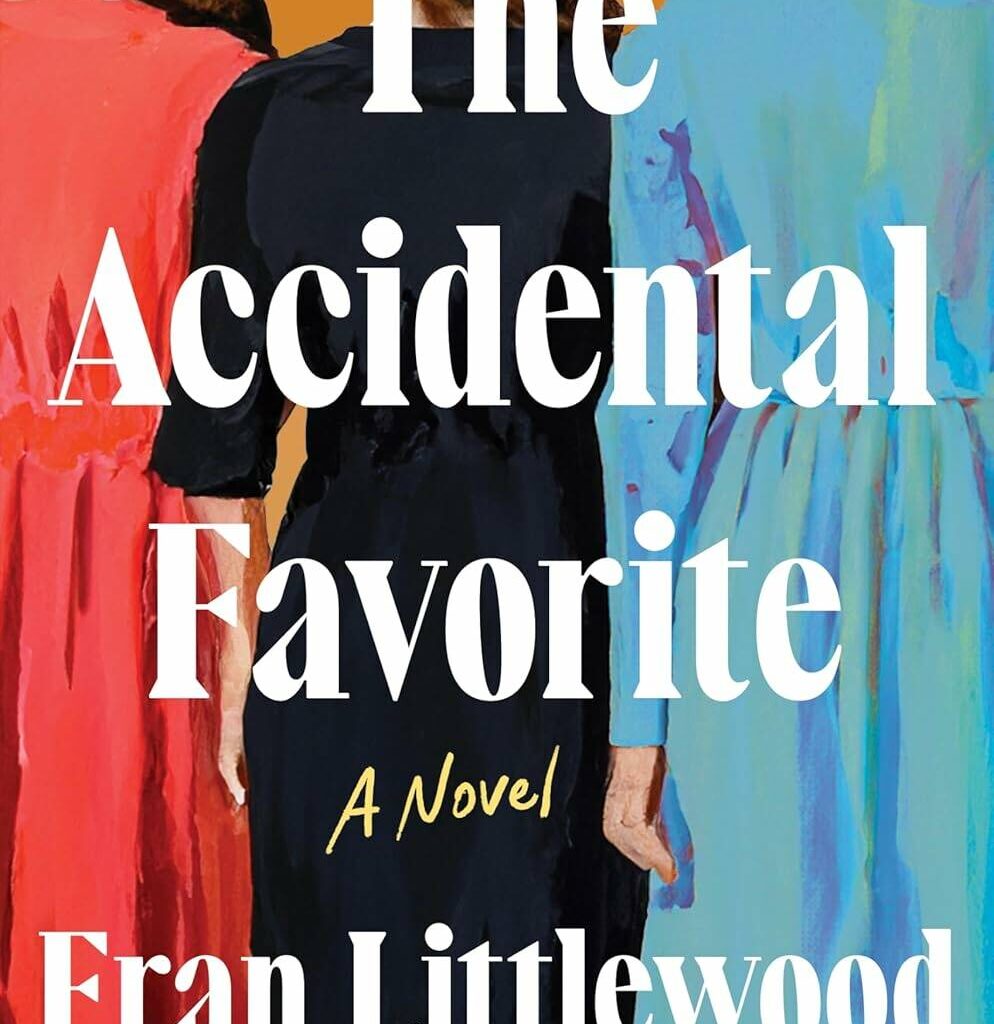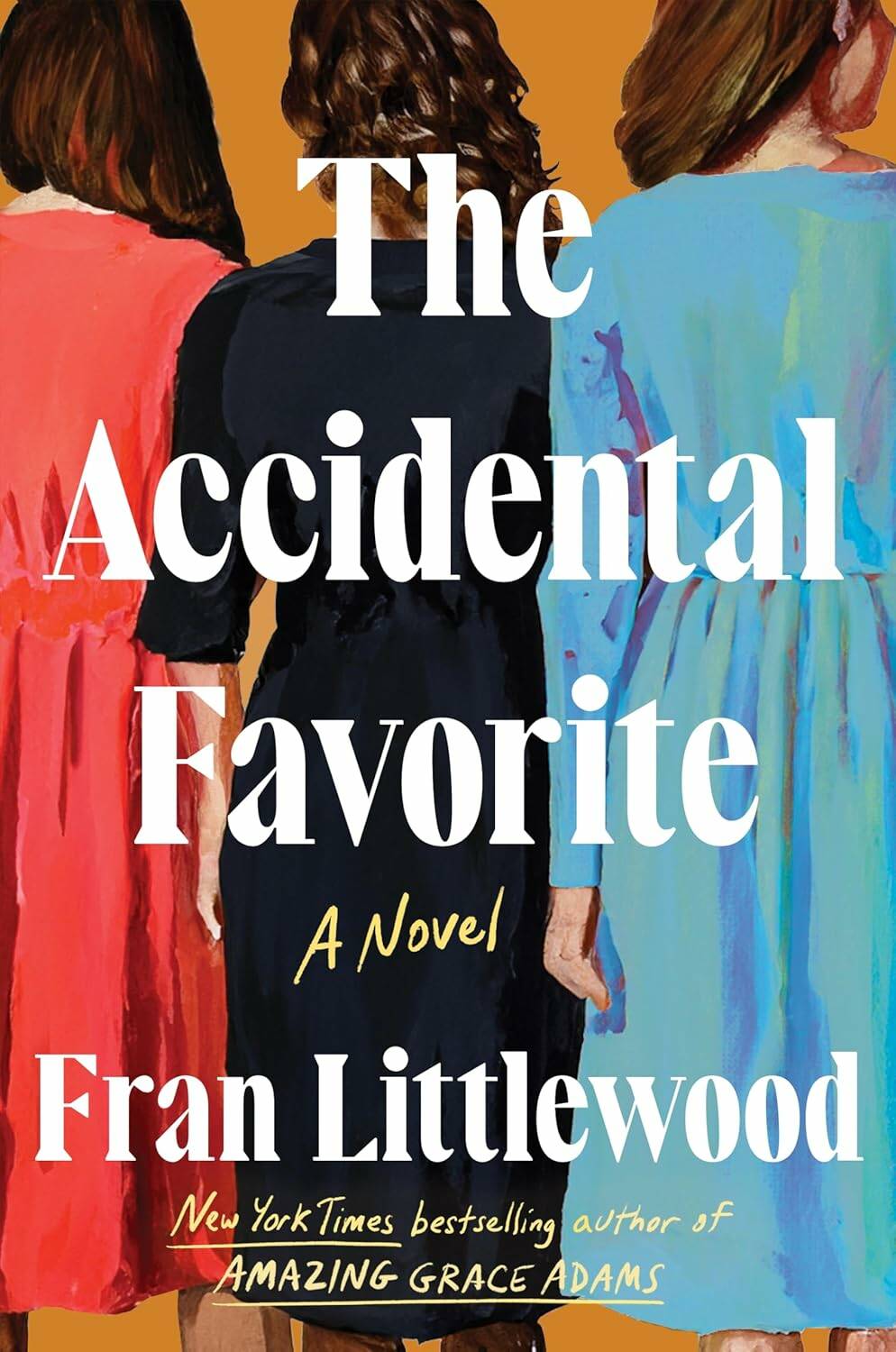Do parents have favourites? This is the loaded question Fran Littlewood asks in her second novel, The Accidental Favorite.
It centres around the Fisher family — which consists of Patrick and Vivienne and their three daughters, Alex, Nancy and Eva — who have come together at a rented house outside London with their partners and children for what is supposed to be a weeklong celebration of Vivienne’s 70th birthday.
Following a harrowing accident during which their father has an unexpected response, the sisters begin to question both their relationships with their parents and with each other, threatening to dissolve the family’s seemingly strong ties. Old rivalries and memories resurface, and what was to be a vacation quickly devolves into a mad marathon that threatens to build to a violent finish.
The Accidental Favorite
Littlewood has three daughters of her own; she lives with her family in London and is the author of the bestselling Amazing Grace Adams (2023). She previously worked as a journalist.
The trouble with The Accidental Favorite is that it spends too much time mired in the set-up, convincing the reader that although outwardly the sisters appear successful and happy, they’re actually all miserable — and of course everyone is hiding something.
After the lengthy build-up, the reveal, when it comes, seems almost anti-climactic.
Told from the point of view of the women, the story flashes back and forth from the present to the sisters’ childhood and beyond.
Alex, the eldest, is a perfectionist in all things, but has somehow just been surprised with her third child at the age of 45 and is stalking her childhood boyfriend online.
Nancy, the self-described “f— up”, is nonetheless a doctor, raising her daughter with her self-absorbed ex-husband.
And Eva, the youngest, has made a fortune selling a board game she invented — but perhaps just made a huge mistake in her personal life.
Ultimately, the book is not really about whether parents have favourites — nor does it answer the question — but about truth, memories and the stories we glean from them and tell ourselves. As Vivienne asks herself, “If you pretend something long enough, does it become a truth of sorts?”
Littlewood is asking if we are really the sum total of our memories and seems to reply in the negative.
Memories can blur and evolve over the years, and can we ever be sure things happened exactly the way we remember? As the sisters and Vivienne revisit problematic memories, they are forced to question their veracity, as well as what significance they truly hold in their current lives.
The ending feels a little bit cute — “we’re family and that’s all that really matters” — but The Accidental Favorite is still a great summer read and a reminder that if we’re to move forward, some memories belong in the past because, as Littlewood writes, “When it comes down to it, you have to decide what to hold on to and when to let go.”
Lindsay McKnight works in the arts in Winnipeg.


